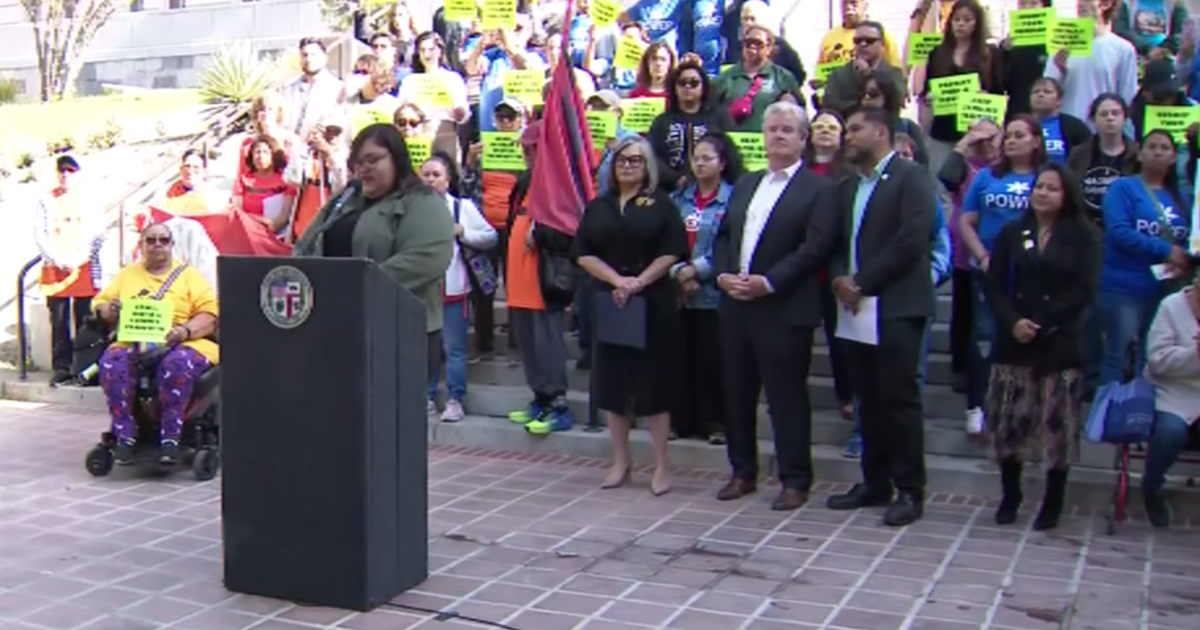Virtual visits for abortion care increase in Colorado
Women continue to seek refuge in Colorado for reproductive care. With the help of telehealth services, many don't have to see a doctor face to face. Virtual visits are providing more access to abortion services.
Cobalt works to ensure every person can make the health decisions that are right for them. This year, the organization has helped hundreds of women with barriers to abortion access.
"We provide practical support assistance and procedural funding assistance for clients that want to access care here in Colorado," Melisa Hidalgo-Cuellar, Abortion Fund Director at Cobalt. "We protect our patients and providers here in Colorado."
Colorado shield laws protects providers from criminal, civil, licensure and insurance consequences if they provide medication abortion care across state lines.
Telehealth abortions in Colorado soar above the national average. Cobalt has been working to help meet the demand.
"We are seeing the numbers increase substantially here for telehealth providers. In January, we saw about $4,000 of funding towards telehealth providers. In July we spent about $12,000 in funding," said Hidalgo-Cuellar.
Medication-based abortions rely on the two-drug combination of mifepristone and misoprostol. The FDA reports pills are safe and effective for ending pregnancies up to ten weeks.
During a telehealth visit, a medical professional is able to prescribe the medication virtually and mail it to the patient.
"Even in Colorado where abortion is legal, we still have accessibility issues. There are abortion deserts throughout the state," said Hidalgo-Cuellar. "In 2022, we had two telehealth partners. Whereas now in 2023, we have five telehealth partners."
The Cobalt Abortion Fund provides direct financial assistance to individuals seeking abortion care, from procedure funding to travel assistance. It's 100% donor funded.
"On top of all of their other life expenses, they're not going to have to pay for the full expense of their trip to come to Colorado because they have restrictions or bans in their own state," said Hidalgo-Cuellar. "Right now, we are definitely in need of more funding."
Earlier this year, Colorado lawmakers became the first in the nation to pass a law banning abortion reversal treatment. This practice seeks to preserve a pregnancy after a patient has taken the abortion pill Mifepristone.
Hidalgo-Cuellar says Cobalt is proud of Colorado's efforts to protect reproductive rights, but there's still more work to be done.
"We hope that government officials will take the lead of states like Colorado and follow in our footsteps of creating shield laws and really protecting abortion care," said Hidalgo-Cuellar. "Take away state funding bans and really make sure that abortion care is accessible and available to all Americans."








